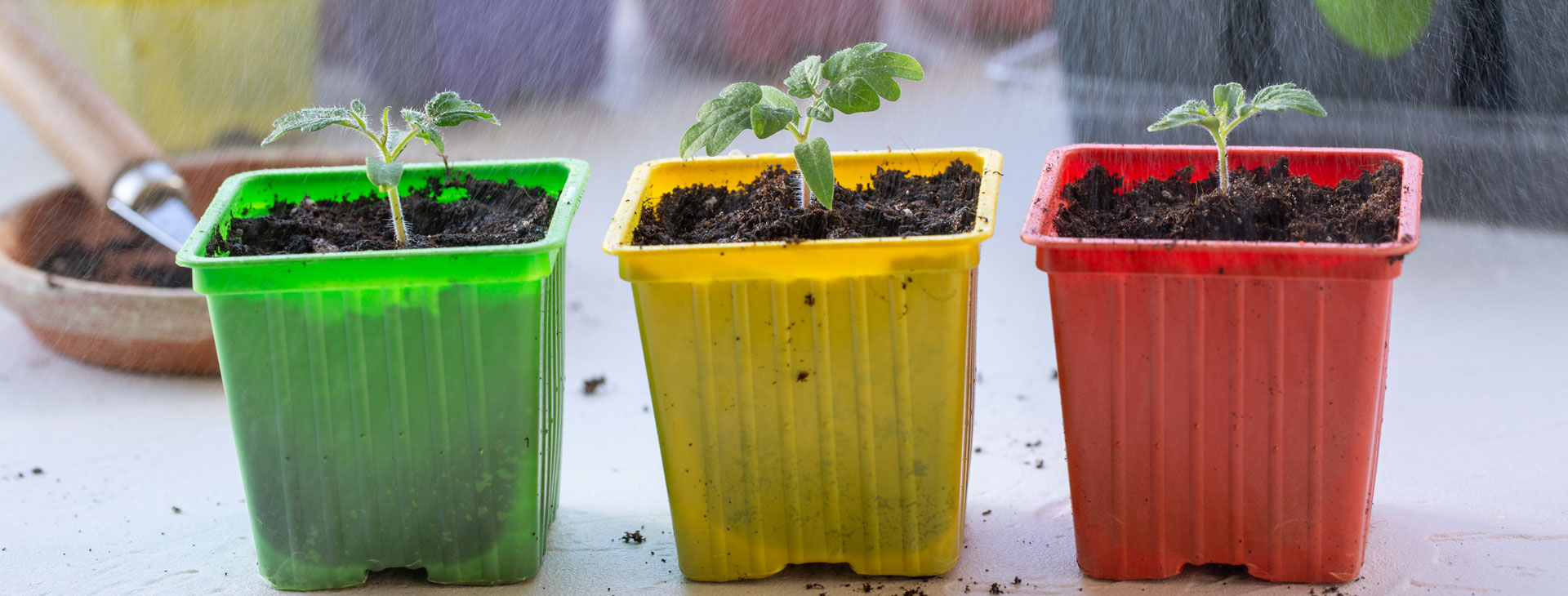
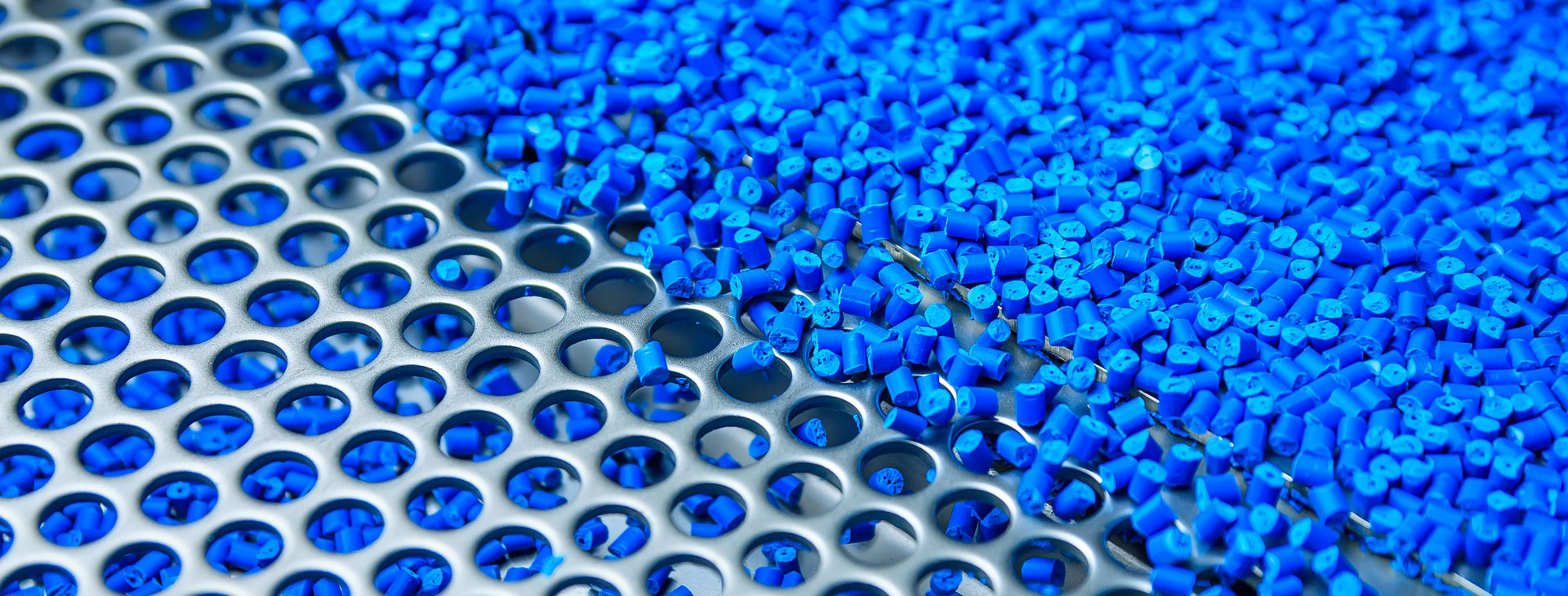
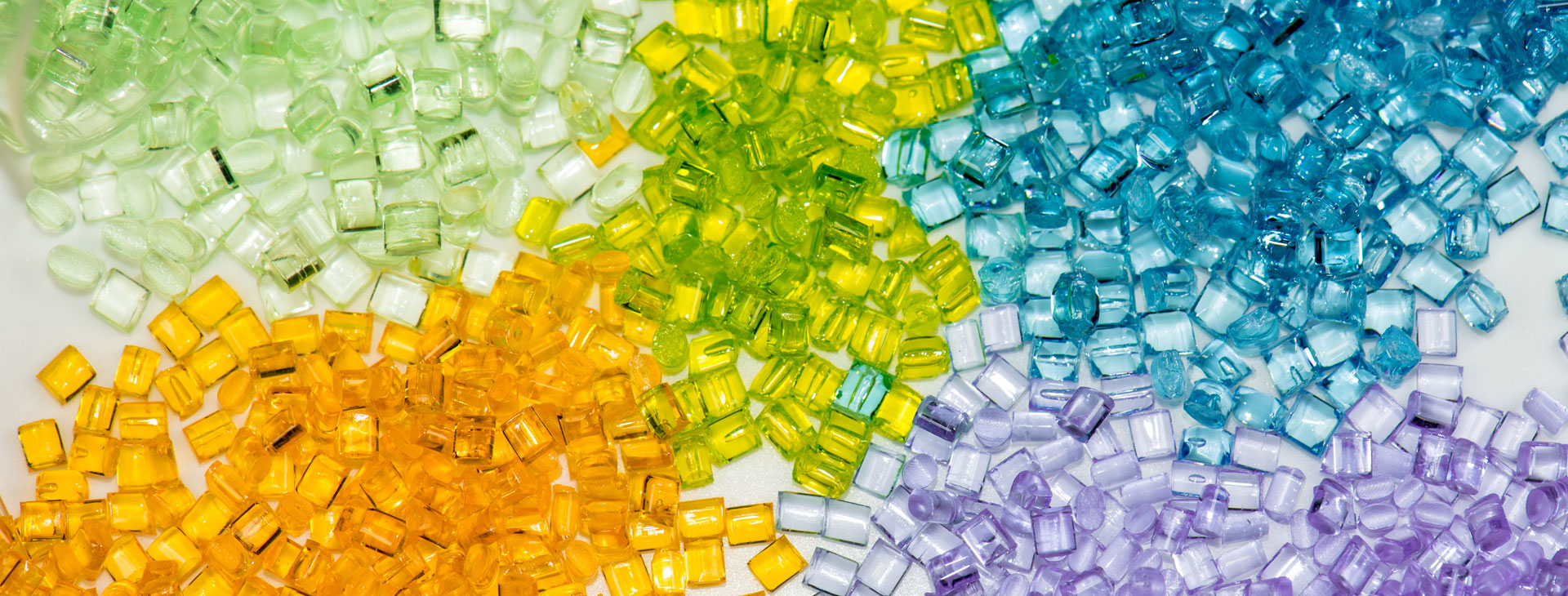
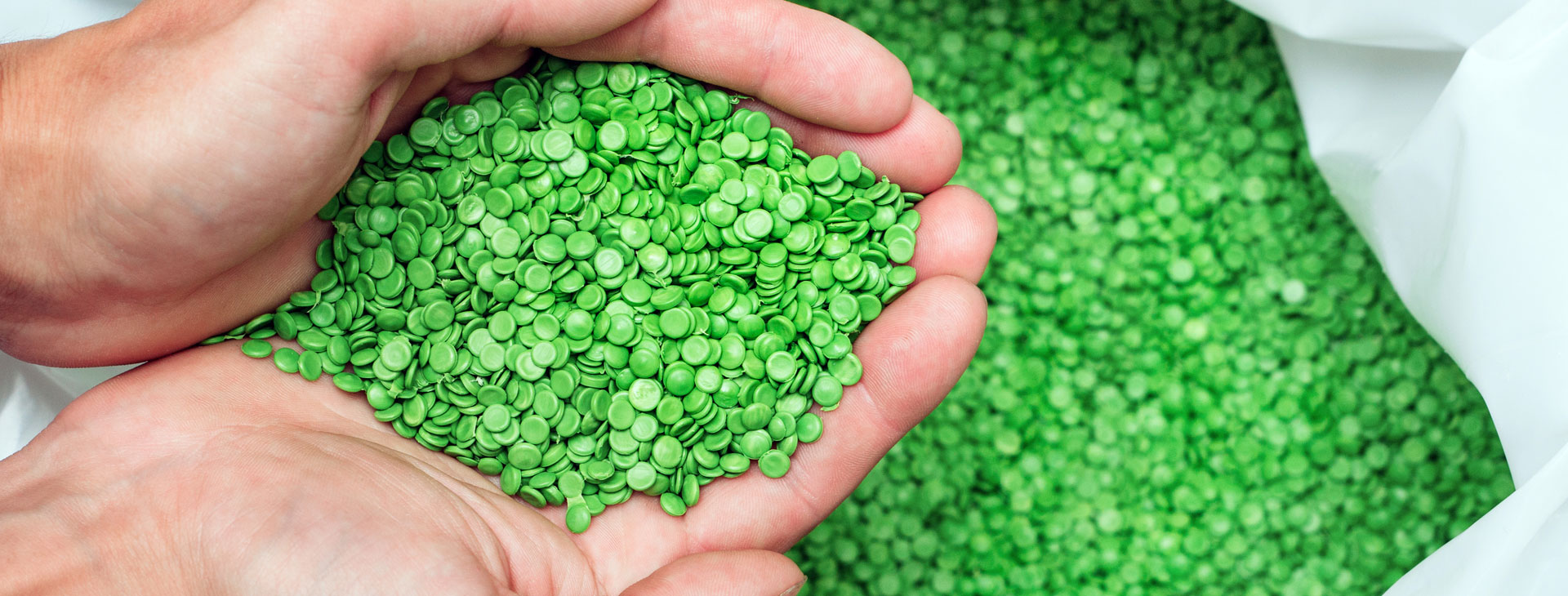

Phone: (914) 381-2400E-Mail: customerservice@marvalindustries.com
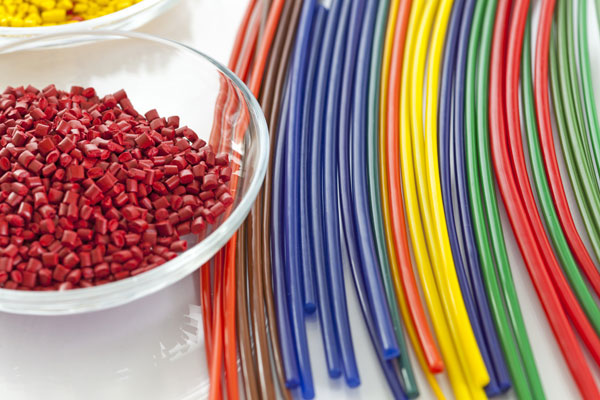
Plastic resin production begins with the procurement of hydrocarbon feedstock. The feedstock primarily originates from natural gas or crude oil, processed to derive the basic building blocks of plastic resin - monomers. As leaders in plastic resin suppliers, we can help with the entire production process.
The feedstock undergoes a series of chemical reactions, which include cracking and distillation, to produce monomers. Depending on the type of plastic resin manufactured, these monomers are commonly ethylene, propylene, or vinyl chloride. These processes facilitate the breaking down of complex hydrocarbon molecules into simpler monomer units.
The monomers then proceed to the polymerization stage, which involves their combination to form polymers. Polymerization can occur through various methods, including addition polymerization, condensation polymerization, and copolymerization, depending on the desired properties of the resulting plastic resin. Catalysts are typically introduced to facilitate the polymerization reaction, producing long chains of repeating monomer units – polymers.
Post-polymerization, the resultant polymers are often not ready for immediate use. They typically need further modification to enhance specific properties during the compounding stage. Additives such as stabilizers, plasticizers, flame retardants, pigments, and fillers are introduced during compounding. This step enables customization of the plastic resins to meet specific application needs, providing attributes such as improved flexibility, increased flame resistance, or altered color.
Following compounding, the plastic material undergoes an extrusion process. The extruder, a machine with a heated barrel, processes the compounded plastic material, converting it into a molten state. This molten plastic is then formed into strands and cooled. Subsequently, these strands are cut into small pellets, offering a convenient form for transportation and further processing by plastic resin consumers.
Once the pellets are formed, they undergo rigorous quality control testing to ensure they meet the required standards and specifications. The parameters tested include melting point, color, size of the pellets, and mechanical properties. After successful quality assurance, the pellets are packaged appropriately for storage and transportation.
The final stage involves the distribution of these plastic resin pellets to various industries, which convert them into final products. Plastic resin suppliers coordinate with multiple logistical partners to ensure the safe, timely delivery of the resins to consumers globally.
The manufacturing process of plastic resin is a complex series of chemical reactions and physical modifications. By controlling each stage of this process, plastic resin suppliers can tailor the properties of their products to meet the needs of a wide range of industries. Continued research and technological advancements promise to improve this process further, enhancing plastic resin production's sustainability, efficiency, and versatility.